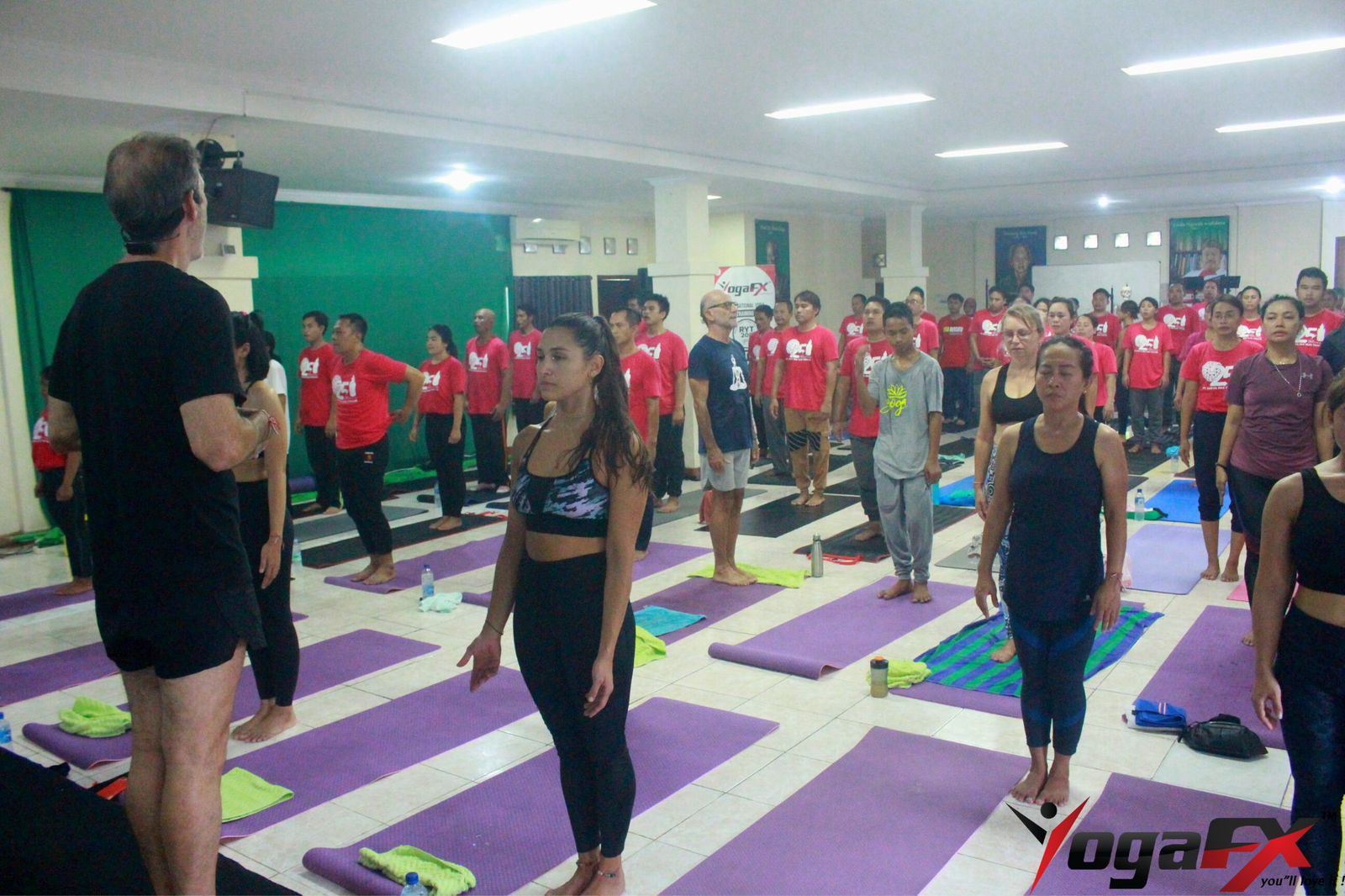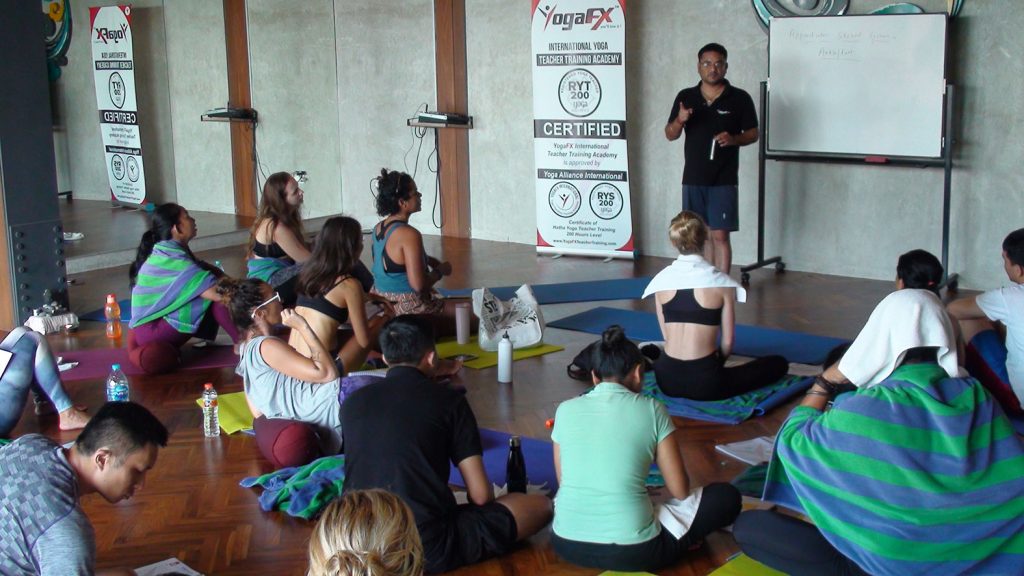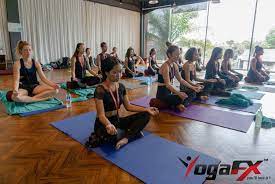What do you call a yoga instructor? This seemingly simple question can lead to a journey of discovering the diverse titles and roles within the yoga world. Yoga is a vast and multifaceted discipline, and those who guide and teach its practices hold various titles that reflect their training, expertise, and approach. In this article, we explore the different names used to address yoga instructors, shedding light on the nuances and distinctions that exist. Gain a deeper understanding of the titles used in the yoga community and discover the diversity of roles and specializations that encompass the world of yoga instruction.
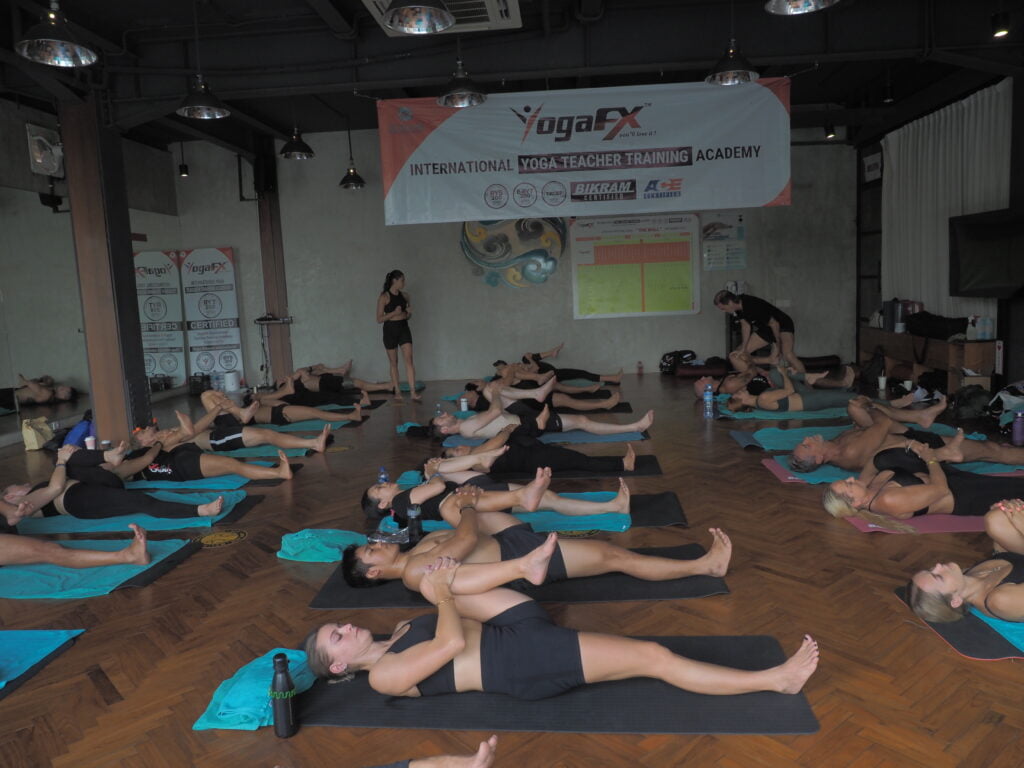
The Traditional Title: Yoga Teacher (Yoga Instructor)
A yoga teacher, also known as a yoga instructor, is the most common and widely used title in the yoga community. These individuals have undergone training and certification to guide students in the practice of yoga. A yoga teacher’s primary role is to lead classes, offering guidance on asanas (yoga poses), pranayama (breathing exercises), and meditation. They create a safe and supportive environment for students to explore their practice, providing alignment cues, modifications, and adjustments when necessary. A yoga teacher may also share insights into yogic philosophy and principles, helping students cultivate a deeper understanding of the practice.
“Success Can Be Achieved It Is Guaranteed”
Certified Yoga Teacher: Yoga Alliance RYT
For those seeking a recognized standard of training, a certified yoga teacher carries the designation of a Yoga Alliance Registered Yoga Teacher (RYT). The Yoga Alliance is an international organization that sets standards for yoga teacher training programs. To become an RYT, instructors must complete a minimum number of training hours and meet the organization’s requirements for curriculum and competency. A Yoga Alliance certified teacher has undergone a comprehensive training program, ensuring a certain level of expertise and knowledge in teaching yoga. Being a Yoga Alliance RYT demonstrates a commitment to professional standards and ongoing education.
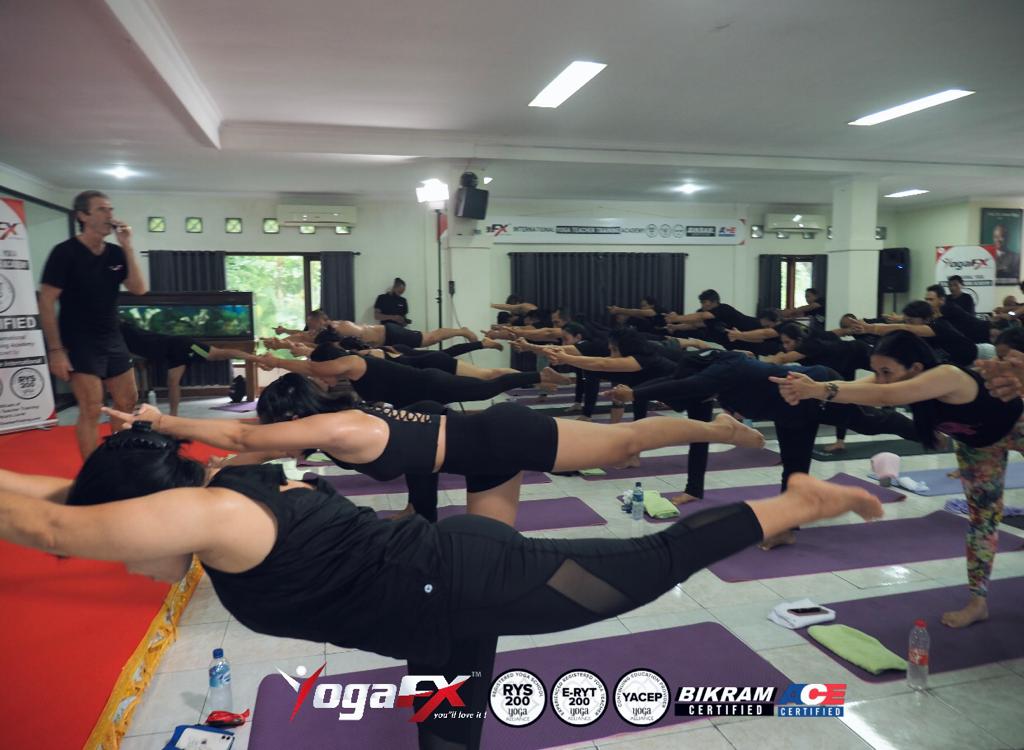
Yoga Master or Guru
In some traditional yoga lineages, the title of yoga master or guru is used to refer to highly experienced and knowledgeable practitioners. These individuals have dedicated their lives to the study and practice of yoga, often having undergone rigorous training and apprenticeship with esteemed teachers. Yoga masters or gurus possess deep spiritual wisdom and understanding, guiding their students in all aspects of yoga, including physical postures, breathwork, meditation, and philosophical teachings. They serve as a source of inspiration and guidance, imparting their profound insights and helping students advance on their spiritual journey. The title of yoga master or guru carries a level of reverence and respect within the yoga community.
Specialized Yoga Instructors
Within the yoga community, there are specialized instructors who focus on specific styles or practices. For example, an Ashtanga yoga instructor specializes in the dynamic and physically demanding Ashtanga Vinyasa system. A Bikram yoga instructor is trained in the specific sequence of 26 postures and 2 breathing exercises performed in a heated room. These specialized instructors have undergone additional training and certification in their respective styles, honing their expertise and understanding of the specific techniques and principles associated with the practice. Specialized instructors offer a deep knowledge and dedicated focus on a particular style, allowing students to dive deeper into that specific yoga discipline.
Yoga Therapist
Yoga therapists are qualified professionals who use the therapeutic applications of yoga to address physical or mental health conditions. They work with individuals who may have specific injuries, chronic illnesses, or emotional imbalances. Yoga therapists assess their clients’ needs and design customized practices to support their well-being. They may integrate asanas, pranayama, meditation, and relaxation techniques to create a holistic and therapeutic approach to healing and wellness. Yoga therapists often work in collaboration with healthcare professionals to provide comprehensive care for their clients. The role of a yoga therapist combines the knowledge. Then wisdom of yoga with a deep understanding of anatomy, physiology, and psychology.
Yoga Studio Owner or Director
A yoga studio owner or director is responsible for managing and overseeing the operations of a yoga studio. They handle administrative tasks, such as scheduling classes, hiring instructors, and managing finances. Additionally, they create a welcoming and nurturing environment for students. Ensuring that the studio upholds the values and principles of yoga. Studio owners or directors often have a deep passion for yoga. Then a desire to create a space where individuals can come together to practice, learn, and grow. They play a pivotal role in fostering a sense of community. Then providing a supportive platform for yoga practitioners of all levels.

Conclusion
In the vibrant world of yoga, there is a multitude of titles. Then roles that encompass the diverse community of yoga instructors. Whether they are yoga teachers, specialized instructors, yoga therapists, or studio owners. Then each individual contributes to the growth and evolution of the yoga practice. If you are inspired to deepen your knowledge and practice of hot yoga. Then consider enrolling in the 26 and 2 Yoga teacher training offered by Mr. Ian YogaFX. As a Yoga Alliance certified instructor and ACE trainer, Mr. Ian YogaFX provides comprehensive education, practical experience. Then certification to become a skilled and knowledgeable teacher of Bikram Hot YogaFX. Embrace the journey of exploration and growth within the yoga world. Then honor the invaluable guidance of these dedicated professionals who make the practice accessible and transformative for all.

